
Publication details
Publisher: Springer
Place: Berlin
Year: 2017
Pages: 15-27
Series: Vienna Circle Institute Yearbook
ISBN (Hardback): 9783319528687
Full citation:
, "How to speak about history of analytic philosophy", in: The significance of the Lvov-Warsaw school in the European culture, Berlin, Springer, 2017


How to speak about history of analytic philosophy
pp. 15-27
in: Anna Broek, Friedrich Stadler, Jan Woleński (eds), The significance of the Lvov-Warsaw school in the European culture, Berlin, Springer, 2017Abstract
Analytic philosophy is one of the dominant styles of philosophizing. On the other hand, every philosopher, past or contemporary is (or even must be) analytic to some extent because he or she intends to explain or clarify something, offers explicit or provisional definitions, divides things and perform critical or approving comparisons of his/her doctrines with proposals of other thinkers. All these activities require more or less analytical work. Yet, restricting our attention to the past, the degree of the analyticity of particular philosophical theories varies from case to case. Socrates was more analytical than Parmenides, Aristotle more so than Plato, the Stoics more so than the Epicureans, St. Thomas Aquinas more so than St. Augustine, Hume more so than Berkeley, Leibniz more so than Spinoza and Kant more so than Hegel and so on. Clearly, there is no minimal amount of analysis in a particular philosophical enterprise. Consequently, we can start the history of analytic philosophy at any arbitrary historical moment, but it is conventional historical-philosophical wisdom to say that proper analytic philosophy arose at the end of the nineteenth century because some philosophers, let's call them the founding fathers of the analytic movement, like Gottlob Frege, Bertrand Russell or G. E. Moore, considered analysis to be the only (or to be more temperate, the main) method of doing philosophy. This leads to speaking of analytic philosophy as a part of the scenario of contemporary philosophy and not as something cultivated in earlier epochs.
Cited authors

Kant Immanuel
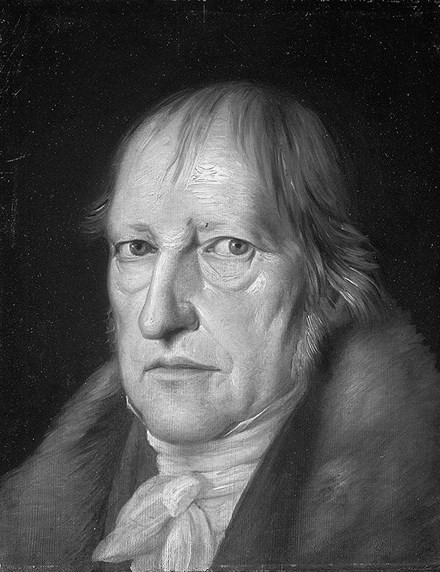
Hegel Georg Wilhelm Friedrich
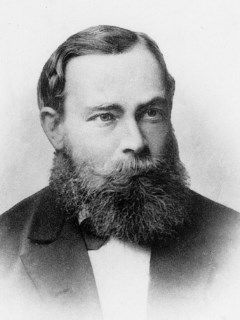
Frege Gottlob

Leibniz Gottfried Wilhelm
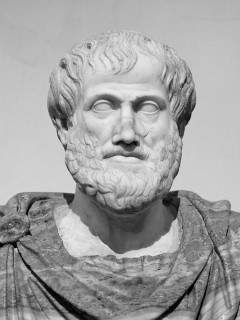
Aristoteles
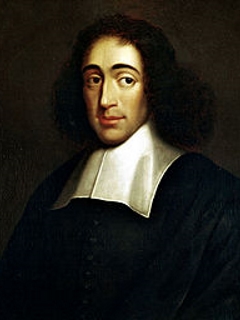
Spinoza Baruch
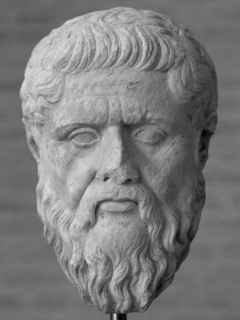
Plato

Russell Bertrand

Augustinus Aurelius
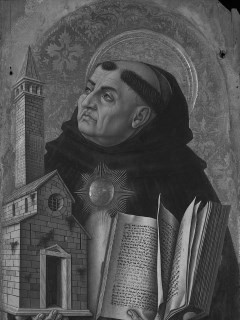
Aquinas Thomas
Publication details
Publisher: Springer
Place: Berlin
Year: 2017
Pages: 15-27
Series: Vienna Circle Institute Yearbook
ISBN (Hardback): 9783319528687
Full citation:
, "How to speak about history of analytic philosophy", in: The significance of the Lvov-Warsaw school in the European culture, Berlin, Springer, 2017
